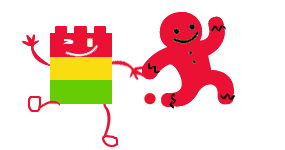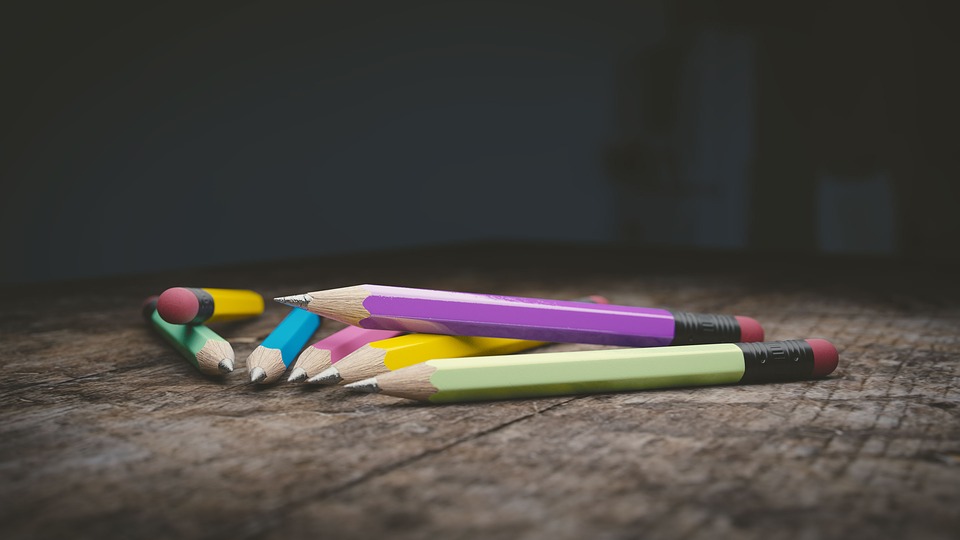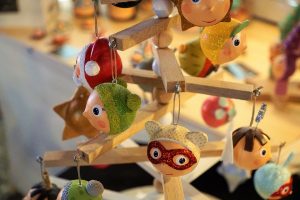Is the Indian Education system as per 21st-century kids?
Recently, I was discussing with my friend, who was worried about the studies pressure kids have in class KG. Having a kid, not even turned 5years, they were being asked to mug up the spellings [more than 5-6 letter words]. To me, it came as a shock, as this is the time when the basics need to be developed. It is when the schools (and even parents) need to work on the Gross and Fine motor development and work towards raising creativity and curiosity in kids. It is not the age to ask kids to mug up such spellings and get good marks in evaluations. Do you feel so? If yes, then the Indian Education System, one of the biggest Education systems, needs to look at their Curricular activities right from Kindergarteners.
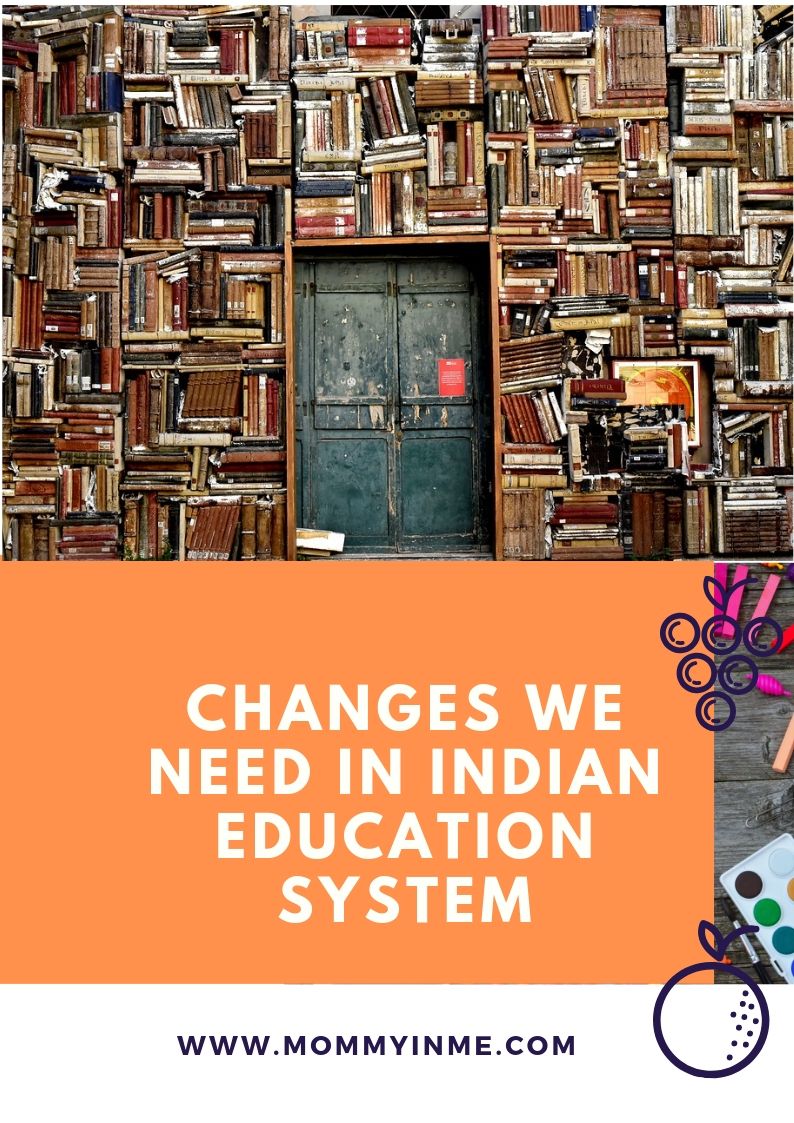
Kids today need Experiential learning
Kids today are competing globally, and the education needs to be on par with the practical learnings and life skills. It is high time that our Education system bridges the gaps between school learnings and their practical applications. We need to move beyond grades and scores, not just schools, but even we as parents.
Sending kids as small as 4-5year olds for tuitions (with the mere objective to make them study), somehow doesn’t gel well with my thoughts. Indian Education is more about Reading and writing, and this is what we need to change. Though these are important aspects of learning’s, kids need to be excelled in their life’s kills and practical aspects with these learnings.
Well, we are raising kids in the 21st century. What we need today are more practical experiences which kids can apply in their lives.
“Today’s kids are smart enough to Innovatively solve the problems, its just building the right attitude towards it”
Physics and Math are all about concepts, engineers pass out with great scores. But most of the students face challenges when it comes to applying those concepts to practical problems. The reason is simple, Students are yet not “Future Ready”.
What can we learn from Finland’s Education System?
When it comes to the education system, the Finnish Education system (Finland) regularly tops the chart. What is it that makes them so different? It is their belief in nurturing Creative kids and giving them more of experiential knowledge, centered around core life values. It doesn’t look that complicated, as it may sound too many. Finnish kids start their formal schooling at 7years, while we Indians, start at the age of 4years. But there, before 7years, kids are regular with their preschools, which create enough opportunities around their skillsets.
Things that the Indian Education system needs to implement wrt Experiential Learning:
Unstructured Play:
What distinguishes Finnish system, is their belief in Unstructured play. Children need their daily dose of Unstructured play, to ignite their imaginations and learn their own way. This is so important to keep kids happy. Here is a post, I had written about the Importance of Unstructured Play.
Schools in India need to include such plays as a part of their curriculum. A child should be given 15-20 minutes in school, for their free play. they might choose any of their creative pursuits during that time. It is important for kids to learn their actions and this comes as a lesson to them while they grow up.
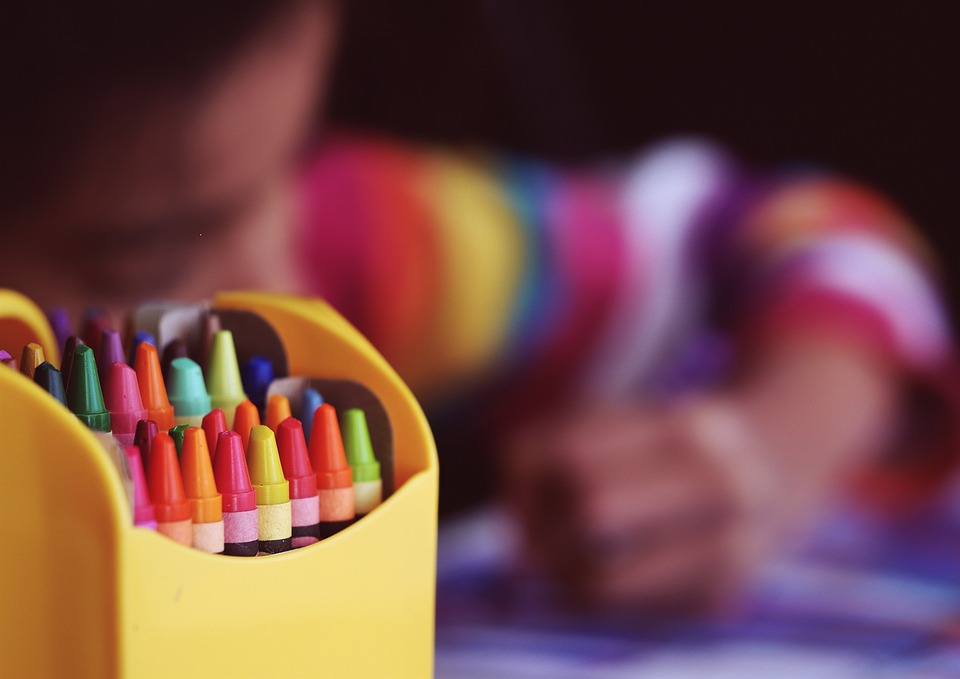
Exposure to Practical Learning:
Don’t you feel that kids are happier when they are taken to a Museum or for a Nature walk? The same boring history can be made interesting, by the means of gripping storytelling, audio-video sessions, Museum visits and lots of Role-Plays. Children are innately curious and this curiosity should be tapped in a creative way in schools.
If you take kids to see how the potters work and make the beautiful potteries, what all kids can learn, just by visualizing?
They will understand the importance of hard work, the concept of being unique, and innovative. They’ll understand how a small thing, as a pot can be of use to humans, they can understand the concept of currency and so much more! But there ought to be a right educator in place, who can focus these small things in kids at various levels.
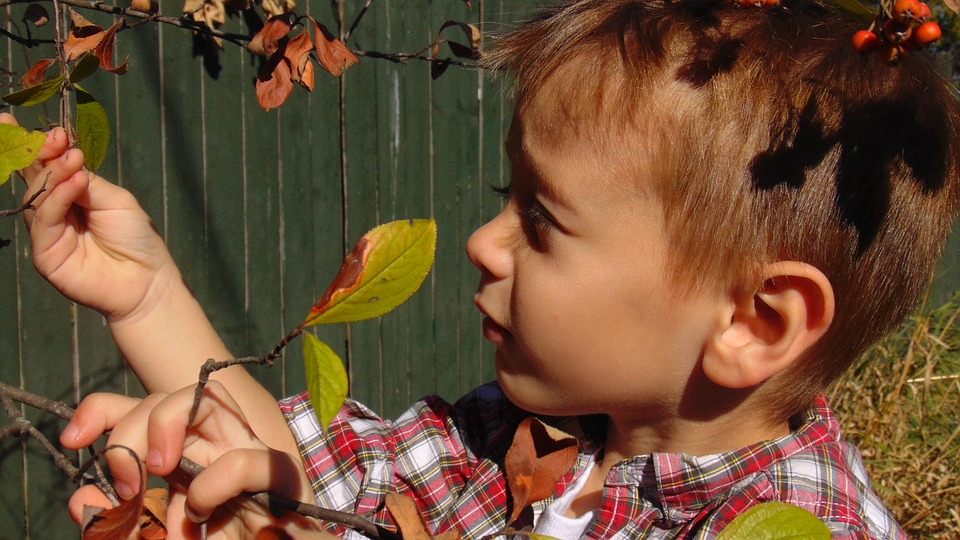
The crux is to create more and more opportunities to help kids learn in an experiential way rather than focussing on textbooks alone.
Phenomenon based curriculum:
Phenomenon based teaching is more oriented towards holistic real-world learning. And this is what kids of this millennial generation need. They need to understand how their learning can be used in a practical application or to solve a problem.
Albert Einstein once said It is a miracle that curiosity survives formal education
For him not to stop questioning was of prime importance, Ponder on this! Since as kids grow they tend to slow down the questioning and a sharp decrease in their curiosity levels is seen.
In Phenomenon based learning, real-world Phenomena’s are the trigger points and the whole phenomenon is studied, not in isolation of any subject, but as an interdisciplinary study. It involves kids to understand various problems(Why, How’s), look out for solutions, develop projects (maybe small/big) and include holistic learning. Such learning does not only help a child grow wrt education and master various subjects but also helps in facing real-life challenges.
And these learning’s are what a child can use as they grow up!
Conclusion: Indian Education System
Being a mother of 5year old, I have certainly seen a lot of evolution in the Indian Education sector, but a lot of it has come up with ample commercialization. Today’s need is schools focussing on experiential learning and not highly commercialized schools!
Let’s all try and create a wave of changes for better education prospects in India!

